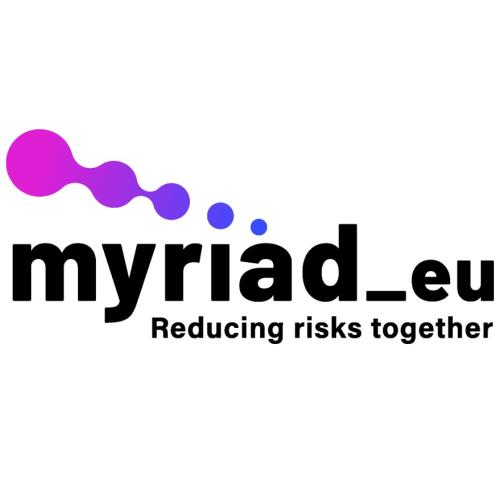Over the past months, Europe has been subject to an array of natural disasters, from intense heat waves to devastating floods and unexpected shifts in weather patterns. These events not only endanger lives but also pose significant economic challenges, demanding an urgent, comprehensive strategy for disaster risk management.
The MYRIAD-EU project, funded under Horizon 2020, aims to tackle these pressing issues by implementing a systemic approach to disaster risk reduction. MYRIAD-EU researchers summarised key findings and recommendations garnered from the project's initial 1.5 years in a policy brief that outlines actionable steps toward a safer and more resilient Europe.
Key Recommendations:
- Real-world Applications: Expand detailed case studies across the European Union in order to gather good practices and share takeaways across regions.
- Terminology matters: Harmonise key terminologies related to multi-hazard risks which will promote a consistency in understanding across research, policy, and practice. The glossary developed in MYRIAD-EU can serve as a starting point.
- Data for evidence-based policymaking: Use multi-hazard data in evidence-based policy-making.
- Synergy between Disaster Risk Reduction and Climate Change Adaptation: Align strategies to address both disaster risk reduction and climate change adaptation which can contribute towards achieving multiple policy goals at once.
- Promotion of systemic, multi-risk thinking: Catalyse a paradigm shift through the co-development of interdisciplinary approaches aimed at assessing, evaluating, managing and communicating multi-risk issues with engaged stakeholders.
The recent Mid-Term Review of the Sendai Framework for Disaster Risk Reduction highlights the need for a systemic approach, emphasising the need to manage interdependencies and interactions between goals and targets. Our project directly addresses these challenges by developing forward-looking disaster risk reduction pathways in five pilot regions and creating tools and methods for multi-hazard-risk assessments.
To facilitate understanding and accessibility, we've developed a Disaster Risk Gateway, a common platform for sharing knowledge, tools, and policies within the disaster risk reduction community.
For more detailed information, please refer to the full text of the policy brief or visit the MYRIAD-EU project website.
